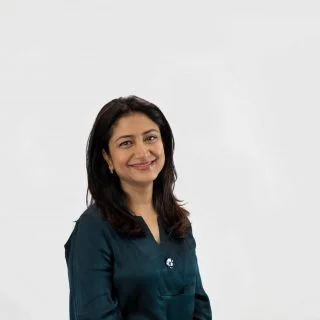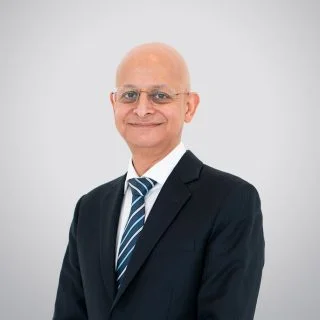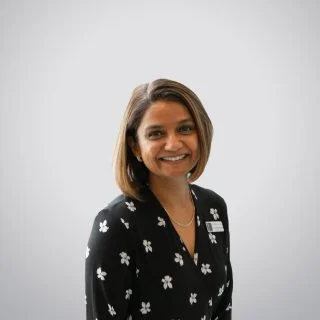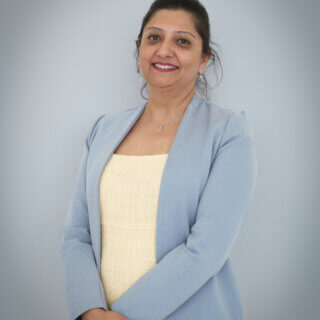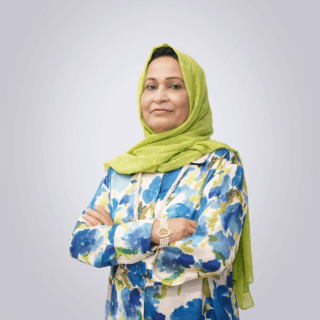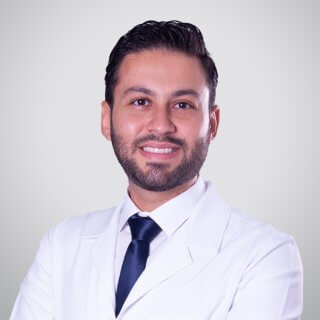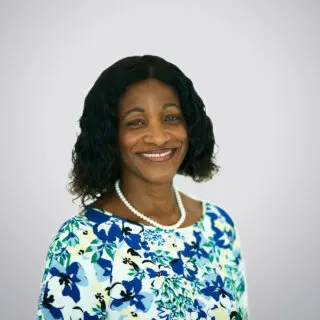Gynaecology
Our Gynaecology team based at our Dubai Hospital and Dubai Marina & Jumeirah clinics, offer women a comprehensive range of services ranging from preventative health checks to urogynaecological and advanced gynaecological surgery. The majority of our Doctors are European or US trained and have exceptional experience.
The Services and conditions we manage range across 7 streams.
1. Women’s Health Screenings
King’s offers a range of preventative screening packages that include cervical, uterine, ovarian and breast screening.
2. Specific Gynaecological Disorders
Many gynaecological conditions affect significant percentages of the female population. Approximately 30% of women get fibroids by the age of 35. Ovarian cysts, chronic pelvic pain, heavy periods, these are just some of the conditions that our doctors can treat at King’s.
3. Urogynaecology
At King’s we offer a sub-specialised urogynaecological service, providing treatments for conditions such as urinary incontinence and pelvic floor disorders.

5. Menopause
We provide both comprehensive information and treatment options if you are suffering from symptoms of menopause such as hot flushes, night sweats, low mood etc.
6. Paediatric & Adolescent Gynaecology
To treat gynaecological issues in children and adolescents, additional knowledge and skills are required. Our Paediatric and Adolescent Gynaecology experts are trained in the broader aspects of teenage health and can also identify and manage gynaecological conditions that may be rare.
7. Advanced Gynaecological Surgery
King’s gynaecological surgeons include specialists in advanced laparoscopic surgery. By using minimally invasive surgical techniques patients benefit from quicker recovery times, reduced cosmetic scarring and reduced instances of surgical complications.
Faqs
الأسئلة الأكثر شيوعا
The following doctors are considered the best Gynaecologists in Dubai:
Dr Esra Mejid, Dr Hena Kalam, Dr Gowri Ramanathan, Dr Ibrahim Elrahman, Dr Lina Skutaite, Dr Marlain Mubarak, Dr May Ali, Dr Uloma Okwuosa, Dr Nirmala Murthy, Dr Maysarah Alawneh, Dr Sema Faikova, Dr Nidhi Sapolia, Dr Nighat Aftab and Dr Alain Abdallah.
Usually, the first time you should see a gynecologist for a routine pap smear or pelvic exam is at the age of 21 years. On the other hand, if you have a medical issue that requires a doctor’s attention, you can have the exam sooner. As for a normal visit to a gynecologist, it’s recommended that you start at the age of 13 – 15 years, at which point you and your doctor will only discuss intimate health and prevention.
For the average healthy woman, it is recommended that they see gynecology at least once a year for a general women’s wellness checkup including a pap smear. If you are having any problems with your intimate health, then you should see your gynecologist as soon as possible. And if you are planning on getting pregnant, you should see your gynecologist as often as recommended.
- Pap smear
- Cervical exam or Colposcopy
- Pelvic ultrasound
- Endometrial biopsy
- Endometrial ablation
- Dilation and Curettage (D&G)
- Cervical cryosurgery
- Pelvic laparoscopy
- Hysterectomy
Also known as a pap test, a pap smear is a cervical screening procedure for cervical cancer. The check entails testing for the presence of abnormal cells – cancerous or pre-cancerous cells – in the cervix. Additionally, other forms of cervical abnormalities can also be detected during this pap smear test.
Depending on your age, you will have a pelvic exam and a pap smear, breast examination, immunizations which depend on individual cases, blood and urine tests, pelvic ultrasound, as well as an overall discussion on leading and maintaining a healthy lifestyle.
Kegel exercises provide a solution for urinary incontinence, recovery after childbirth, and improvement in the quality of a woman’s life. They do this by contracting, strengthening, and toning the pelvic floor muscles, which as result treats urinary incontinence and discomfort.
BOOK AN APPOINTMENT



